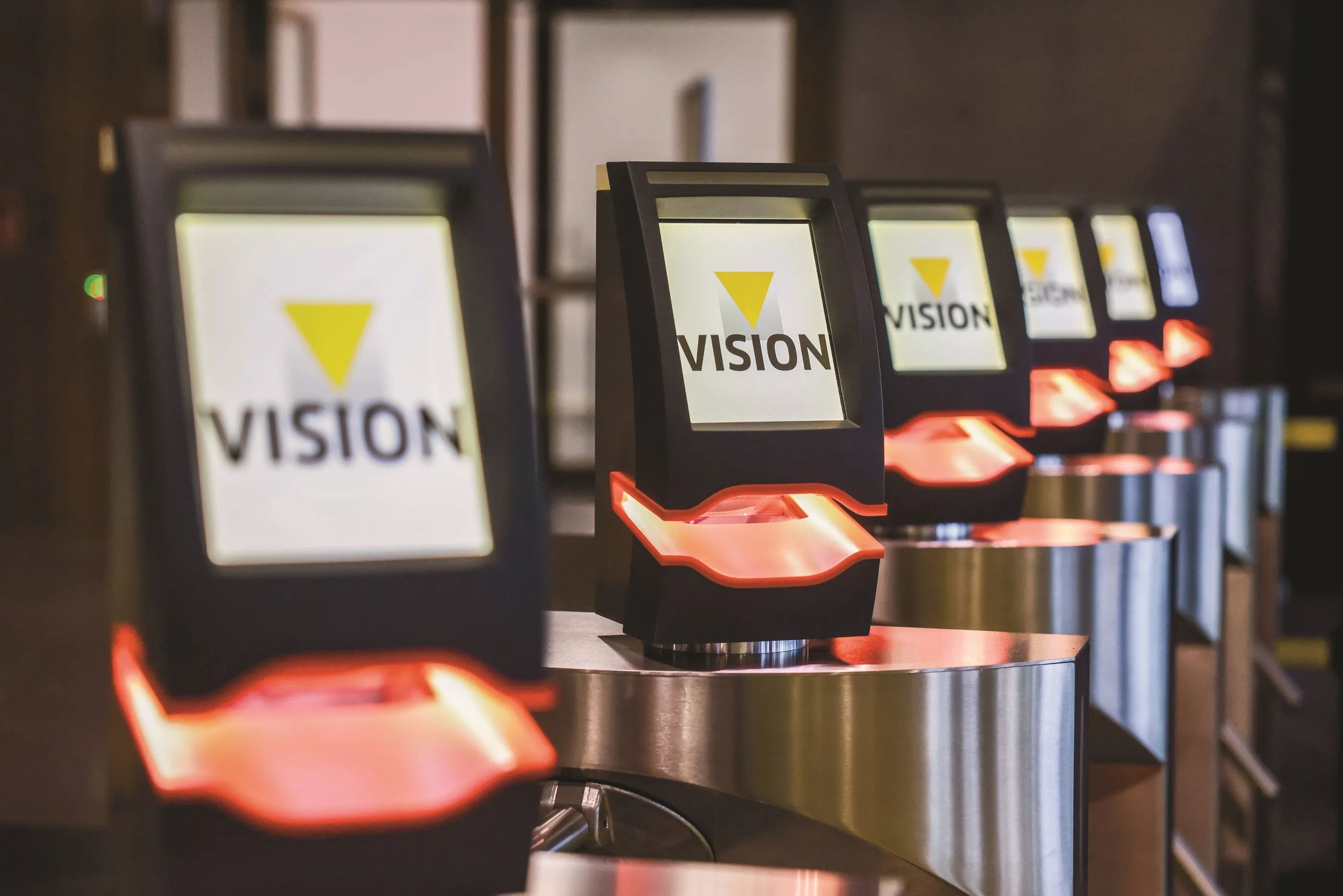Taking place in Stuttgart from 8-10 November, Vision, the international trade fair for machine vision, is rapidly approaching.
A wide range of machine vision technology will be showcased at Vision, which aims to be the market place for all component manufacturers and a platform for system providers and integrators.
Vision showcases the technological developments and trends in the industry and the organisers say this year’s event has three main technological 'hot' topics: embedded vision, 3D machine vi
October 28, 2016
Read time: 2 mins
Taking place in Stuttgart from 8-10 November, Vision, the international trade fair for machine vision, is rapidly approaching.
A wide range of machine vision technology will be showcased at Vision, which aims to be the market place for all component manufacturers and a platform for system providers and integrators.
Vision showcases the technological developments and trends in the industry and the organisers say this year’s event has three main technological 'hot' topics: embedded vision, 3D machine vision and hyperspectral imaging. An embedded vision open forum will be held on the first day of the trade fair. Machine vision standards will also be presented by the European Machine Vision Association (EMVA), which is organising a special exhibition with other partners.
One of the key features is the comprehensive forum programme at Vision with some 90 seminars this year. At the Industrial Vision Days and the Vision application forum, experts from around the world will discuss the latest topics, including production control with self-learning smart cameras and chemical fingerprinting: new possibilities for industrial machine vision. The forum programme is complemented by the School of Vision where visitors can gain compressed specialist knowledge, practical hints and application knowledge in 14 sessions.
Machine vision institutes will also present the latest research topics during the VDMA Technology Days.
A wide range of machine vision technology will be showcased at Vision, which aims to be the market place for all component manufacturers and a platform for system providers and integrators.
Vision showcases the technological developments and trends in the industry and the organisers say this year’s event has three main technological 'hot' topics: embedded vision, 3D machine vision and hyperspectral imaging. An embedded vision open forum will be held on the first day of the trade fair. Machine vision standards will also be presented by the European Machine Vision Association (EMVA), which is organising a special exhibition with other partners.
One of the key features is the comprehensive forum programme at Vision with some 90 seminars this year. At the Industrial Vision Days and the Vision application forum, experts from around the world will discuss the latest topics, including production control with self-learning smart cameras and chemical fingerprinting: new possibilities for industrial machine vision. The forum programme is complemented by the School of Vision where visitors can gain compressed specialist knowledge, practical hints and application knowledge in 14 sessions.
Machine vision institutes will also present the latest research topics during the VDMA Technology Days.










